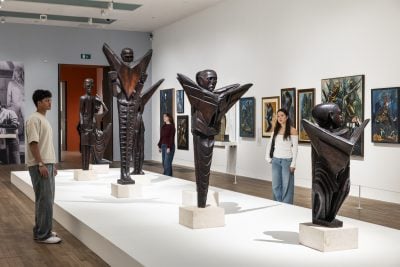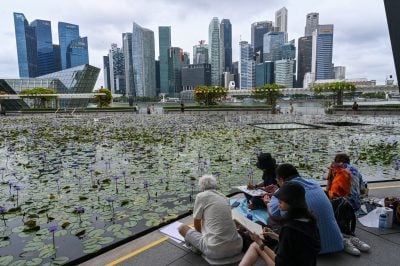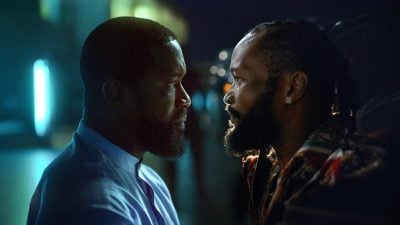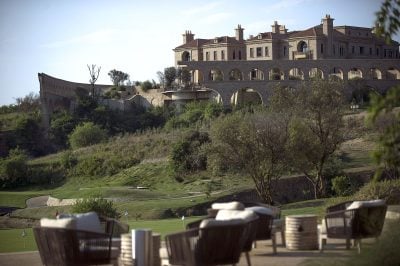This article was produced with the support of Brand South Africa
The fervent love of sports that rippled through South African society for decades — but which had been constrained by racist laws — would finally burst into full bloom on the global stage when the country’s first multiracial Springboks team won the 1995 Rugby World Cup on home soil. The event was watched by tens of millions around the world; the crowd at Johannesburg’s Ellis Park Stadium spontaneously cheered when Nelson Mandela joined the team’s celebrations.
This unleashed 30 glorious years of South African sporting excellence in virtually all fields — as barriers to the country’s talented youth were removed and they were free to express themselves on the world stage.
Having wrested the rugby crown from former champions such as New Zealand, England, France and Australia, the Springboks never relinquished their dominance, winning the trophy a record four times. Siya Kolisi, the team’s first black captain, made history by leading his side to two successive World Cup victories.
“The journey of the Springboks to the historic victory in the 2023 Rugby World Cup is as much about our journey towards nationhood as it is about sporting excellence,” said President Cyril Ramaphosa hailing the team’s extraordinary achievement.
Bowled over
Cricket was another sporting bastion on which the Apartheid system rested. It produced several great individual players — but was largely shunned from the global game because of its discriminatory policies. The team was welcomed back into the fold with open arms at the end of the Apartheid era, and went on to dazzle the world by producing an array of outstanding players from all races. Who can forget the pace and exuberance of fast bowler Makhaya Ntini, or the silky elegance of Hashim Amla, or the all-round excellence of Jacques Kallis, or for that matter the brutal power of Herschelle Gibbs and the magical fielding of Jonty Rhodes?
These early greats have been followed by the likes of Graeme Smith, AB de Villiers, Kagiso Rabada, Temba Bavuma, Vernon Philander, Lungi Ngidi, Tabraiz Shamsi, Faf du Plessis, Rassie van der Dussen and Heinrich Klaasen – all international superstars, forming a truly rainbow team.
The team, known as the Proteas, won the inaugural International Cricket Council (ICC) Champions Trophy in 1998. International trophies have been elusive but better results are around the corner.
Beautiful game
In 2010 South Africa hosted what is still regarded as the best ever football World Cup. The national team, Bafana Bafana, is still a work in progress – they won the 1996 Africa Cup of Nations and in 1997 qualified for the World Cup for the very first time.
Despite a relatively late entry into international athletics, South Africa has registered some impressive results. Mokgadi Caster Semenya won two Olympic gold medals and three World Championships in the women›s 800 metres. Wayde van Niekerk won gold in the men’s 400m at the 2016 Olympic Games in Rio. Josia Thugwane won marathon gold at the 1996 Summer Olympics.

 Sign in with Google
Sign in with Google 



